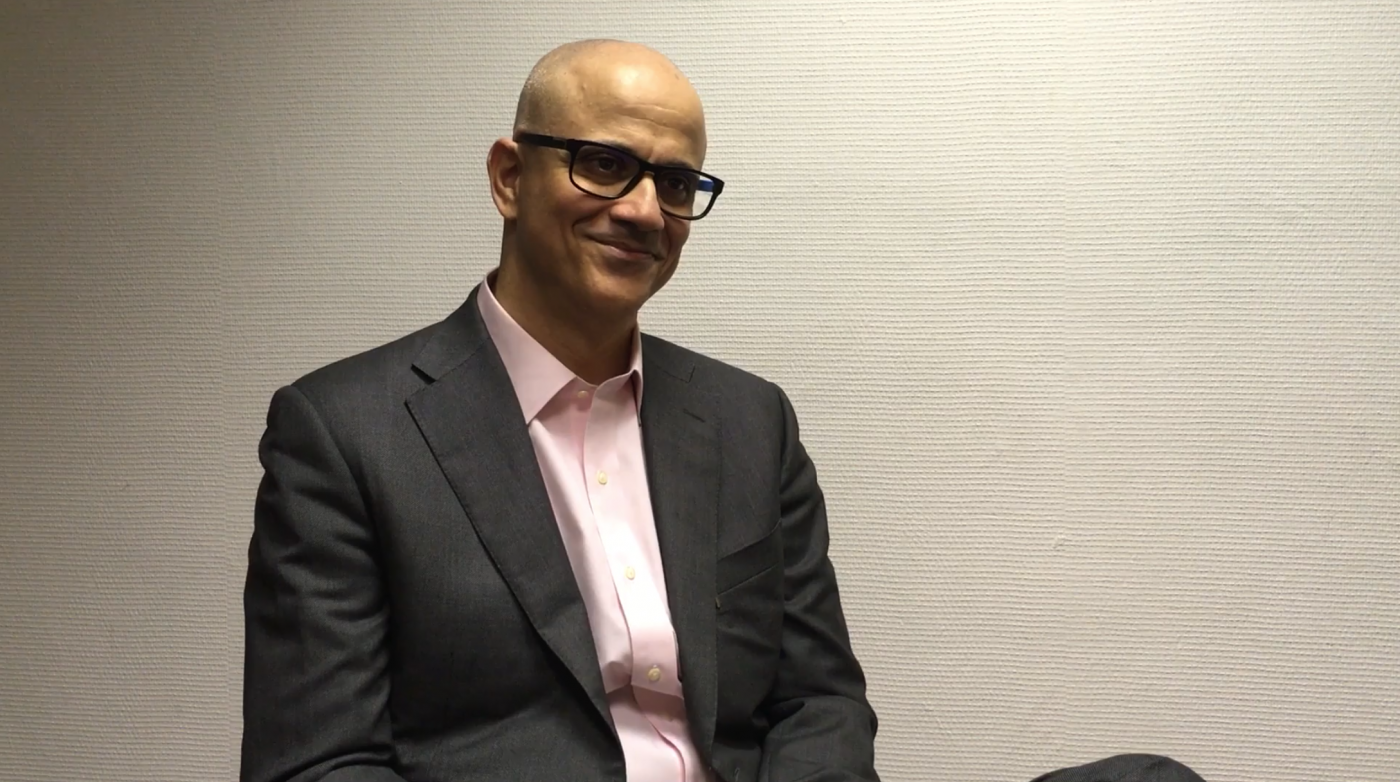#MSParis2017 – Promising Work in Pediatric and Secondary Progressive Patients Is Focus, Novartis Says in Interview

Dr. Danny Bar-Zohar of Novartis in an interview at ECTRIMS 2017.
Gilenya (fingolimod) lowered relapse rates in children and adolescents with relapsing multiple sclerosis at a “magnitude” — almost 82 percent — never before seen in a scientific study and could be “life changing” for these hard-to-treat patients, a top researcher with Novartis, the treatment’s developer, said in an interview.
Danny Bar-Zohar, global development head of neuroscience at Novartis, spoke about Gilenya with Multiple Sclerosis News Today at the four-day 7th Joint ECTRIMS-ACTRIMS Meeting that concluded in Paris on Saturday.
Gilenya is approved for the treatment of relapsing MS in adults, and was tested in pediatric patients (ages 10–17) in the randomized and double-blind PARADIGMS Phase 3 trial (NCT01892722). It is continuing in an extension open-label phase may run through 2023.
No disease-modifying treatment currently exists for children and adolescents with MS, and PARADIGMS was the first rigorous scientific trial to successfully conclude.
“Approximately 3 to 5 percent of the 2.3 million MSers in the world are pediatric MS, ages 10 to 18,” Bar-Zohar said, adding that “in general, pediatric MS is much more active in terms of relapse rate and in terms of accumulation of MRI active lesions as compared to adult MS.”
He also underscored the impact MS has on young people. Teenagers are keenly aware of body image and prone to mood swings, so “when you add to that such severe relapses that are treated by high-doses of corticosteroids, this has a major impact on quality of life.”
PARADIGM outcomes showed an 81.9% reduction in relapses in patients treated with Gilenya compared to Avonex (interferon beta-1a), a standard-of-care therapy in pediatric MS.
“Eighty two percent reduction is something in terms of the magnitude of effect … that we have not seen in other MS studies … it is highly significant in this patient population” Bar-Zohar said.
He also noted a very significant reduction in three-month confirmed disability progression.
Brain shrinkage (brain volume loss) in young patients, Bar-Zohar emphasized, differs from that seen in adults — because adult brains are shrinking naturally with age while the brains of children are still developing and growing, making precise measurements more difficult. Still, researchers were able to see that Gilenya “managed to slow down brain shrinkage in pediatric patients with MS, in a statistically significant manner,” he said.
Results of the PARADIGMS trial were shown in detail at a presentation during the “Late Breaking News” ECTRIMS session on Saturday by Tanuja Chitnis, with Partners Pediatric Multiple Sclerosis Center at Massachusetts General Hospital in Boston. This related article can be found here.
Novartis is now preparing to submit a request that Gilenya be approved as a pediatric relapsing MS treatment to the U.S. Food and Drug Administration (FDA) and the European Medicines Agency (EMA).
“We are extremely happy about the success of this study [PARADIGMS], and we believe it can be life-changing for pediatric patients,” Bar-Zohar said. “We have started discussions with regulatory authorities, FDA and EMA, in order to bring this drug to pediatric patients as soon as we can.”
Data on siponimod as a therapy for patients with relapsing and secondary progressive multiple sclerosis was also discussed.
The EXPAND study (NCT01665144) testing siponimod showed a robust treatment effect in terms of slowed disability progression, reduced lesion burden, and slower brain atrophy in secondary progressive MS (SPMS) patients.
“SPMS is a huge unmet need.” Bar-Zohar said. “We do believe that this drug [siponimod] can change the lives of people with advanced disease, with SPMS.”
Concerning regulatory approval, Bar-Zohar said Novartis plans to submit siponimod as a SPMS therapy in the first half of 2018 in the U.S., with the FDA, and in the second half of 2018 in Europe, with EMA.
Siponimod binds to the sphingosine-1-phosphate (S1P) receptor (S1P receptors 1 and 5), blocking its normal action, meaning that it inhibits the release of immune cells from the lymph nodes, cells that would otherwise reach the central nervous system. Siponimod keeps the immune cells trapped in lymphatic tissues, slowing MS disease progression.
In the interview, Bar-Zohar discussed the mechanism of action of siponimod in more detail, the philosophy behind the development of this therapy, new potential disease markers (like neurofilament light, a promising potential blood biomarker of neuronal damage in MS), and the overall approach taken by Novartis as part of its commitment to the MS community.
“We [Novartis] … believe that patients should get the right treatment, at the right time, with the right level of evidence,” he said, adding that trial data obtained so far with siponimod suggests it is a very effective therapy for “the advanced relapsing MS population, which converts to SPMS.”
“This is the population we would like to target,” Bar-Zohar said.
The complete interview can be seen below:






